On February 13, the President of Turkey Recep Tayyip Erdogan arrived in Pakistan. His official purpose was participation in the sixth round of the Pakistan-Turkey High Level Strategic Cooperation Council (HLCC); a joint session of the parliament in Islamabad was also scheduled. The President of Pakistan Imran Khan personally met with the Turkish President at the Nur Khan Airbase and a ‘Guard of Honour’ was given at the residence of the Prime minister.
Erdogan did not come alone. High-level diplomatic staff and a business delegation also arrived to help strengthen bilateral ties between the two Muslim countries.
It is important to note that the Turkish President is the only foreign leader to address the Pakistani Parliament a record four times. He had previously participated in joint parliamentary sessions in October 2009, November 2010 and May 2012.
The history of relations between Turkey and Pakistan is critical to both countries. Both Pakistan and Turkey owe their birth to the Ottoman Empire. Many Muslim volunteers from British India immigrated to the Ottoman Empire to fight its enemies in the beginning of the 20th century. When the Ottoman Empire collapsed the idea of the creation of new Сaliphate was discussed among muslim areas in the British India. The Khilafat Movement founded in 1919 by Shaukat Ali, Mohammad Ali Jauhar, Hakim Ajmal Khan and Abul Kalam Azad in order to restore Ottoman Empire, but the project later transformed into creation of a state where the muslim community would be separated from the Hindu community.
Business and Economy
About 100 people from 60 Turkish companies met with Pakistani counterparts during the B2B meeting on Thursday. They discussed issues such as real estate, tourism, agriculture, jewelry, the automobile industry, construction and production, textile, food, chemicals, IT technologies, the defense industry, energy and various types of services from consulting to shipping and air travel.
Tourism was a particularly notable topic given that Turkey brings in $40 billion annually from the industry.
Addressing the Pakistan-Turkey Business and Investment Forum on Friday, the Turkish president said that the current trade volume between the two countries is not at its true potential. Erdogan said that Turkey wants to enhance trade with Pakistan and increase the trade volume to $5 billion from the current $800 million.
Turkey and Pakistan are interested in promoting bilateral trade through the Strategic Economic Framework (SEF). Aside from that, Pakistan is highly interested in bringing Turkey into the “project of the century” — the China-Pakistan Economic Corridor (CPEC), where Beijing is the executive force, and it seems Turkey is ready to work on the project.
Last month the Turkey-Pakistan Dual Nationality Plan was revealed, which will make it easier for both countries’ citizens to live, work and own property in the other country.
There was a clear anti-Western message in Erdogan words: “I have heard that Pakistanis trust western healthcare more, we have to change that.” Erdogan continued to argue that Turkey’s medicine is far more advanced than that of other western countries.
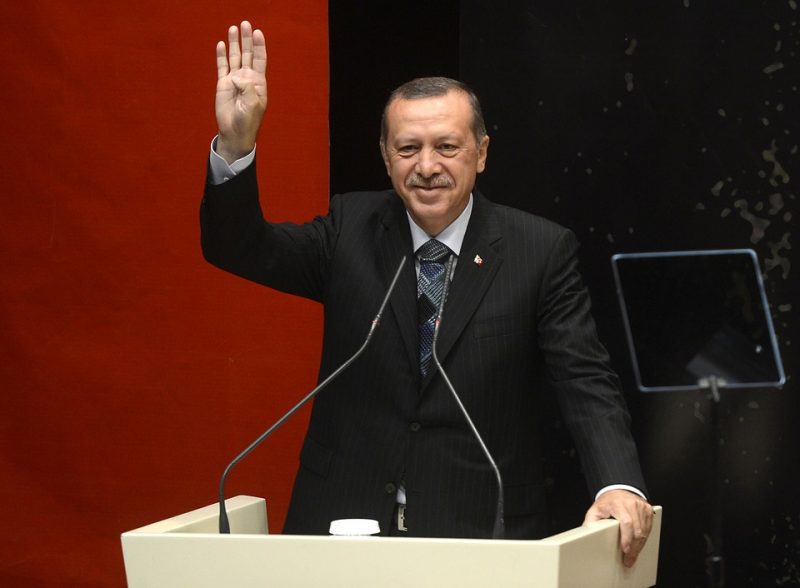
Pixabay
Security
The Pakistan-Turkey High-Level Strategic Cooperation Council (HLSCC) has significance for both countries. For Pakistan, Turkish support in Kashmir is important, while Erdogan’s 2019 UN speech was very appreciated by Pakistan. The Turkish president said that Indian-occupied Kashmir meant to Turkey as much as it means to Pakistan. “The relationship between Pakistan and Turkey will continue in the future like it has in the past,” he added. The Turkish President mentioned that “events that happened a hundred of years ago in Canakkale in Turkey are being repeated in Indian occupied Kashmir and Turkey will continue to raise its voice against the oppression.” The Turkish President also noted that relations between two countries are based on love, not pragmatism.
The countries are united around the Palestinian problem and engage in joint efforts to combat Islamophobia worldwide, especially in the West. Pakistan and Turkey rejected Donald Trump’s “Deal of the Century”, Erdogan describing it as “not a peace project but in fact, but a project of occupation.”
Another important issue is Western pressure on Pakistan. The Financial Action Task Force (FATF) already has Pakistan on its “gray-list” of countries with inadequate controls over curbing money laundering and financing of terrorism, but the country’s arch-rival India (which came close to war with Pakistan last year) wants Pakistan blacklisted altogether. Turkey promised to help Pakistan stay off a terrorism financing blacklist.
Cooperation in regional security will aid the development of defense-oriented technical cooperation as well as political synchronization. While Ankara is concerned about the Kurdish issue within the country and abroad, Islamabad is worried about the north-western territories inhabited by Pashtuns. Afghanistan still does not recognize the border between the states. External powers, primarily India, the US and Israel, are trying to use this factor to their advantage. Ultimately, these may be the first steps toward a Turkish nuclear program. Erdogan has already discussed acquiring nuclear weapons for defense purposes and to help assure Turkish sovereignty. The hint could be perceived as a testing of public opinion and the reactions of nuclear countries. Pakistan succeeded in creating its own nuclear program and has already constructed nearly 100 nukes.
The next step toward multipolarity
In the emerging multipolar world there is a window of opportunity to create a platform for more sustainable policy in the region. Iran seems like a necessary element in the Eurasian Rimland zone. This counter-hegemonic power effectively rejects Washington’s unipolar strategy and its experience may be useful for both countries after two layer corrections on both national and international levels.
However, there are further questions: how Pakistan and Turkey actually act? While they behave like world powers who reject the US and its globalist agenda or will they simply try to change some elements of the hegemonic system? Even great powers like Russia and China don’t challenge Washington openly and would like to play a limited role during the geopolitical move from unipolarity to multipolarity… then again, Iran is open its hostility. Turkey and Pakistan, as historical allies of the US, know how Washington functions and need to be careful in taking their next political steps. At the same time both must protect their own values and interests. This type of balance requires careful strategy on regional and global levels.
Besides Iran both countries could be a bridge to each other. If Pakistan can bring Turkey for CPEC project Turkey is gatedoor to Near East and Caucasus. Azerbajan neighboring Turkey and Iran. In 2017 three countries agreed for cooperation in military and defense sectors. And bilateral ties between Pakistan and Azerbajan also on high level of mutual trust, including support from Islamabad on issue of aggressive measures of Armenia. Actually trilateral partnership developing step by step because of many specific factors in Caucasian/Asian geopolitics.
Outcomes
The visit finished with a signing ceremony for the memorandums of understanding during the Joint Working Group on Trade and Investment. One regards Trade Facilitation and Customs Cooperation and the second is about reinforcing cooperation in the field of Halal Accreditation.
The first lady of Turkey Emine Erdoğan also took part in various ceremonies, including seeing a performance at the Pakistan National Council of Arts. We will have to wait and see what other outcomes develop as a result of the events.










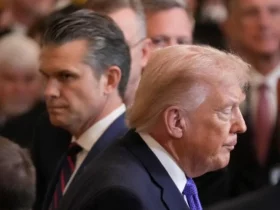
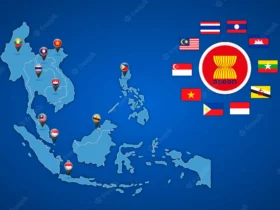
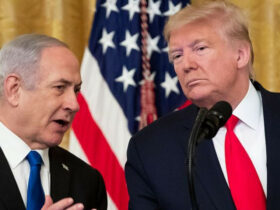


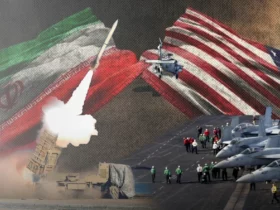

Leave a Reply